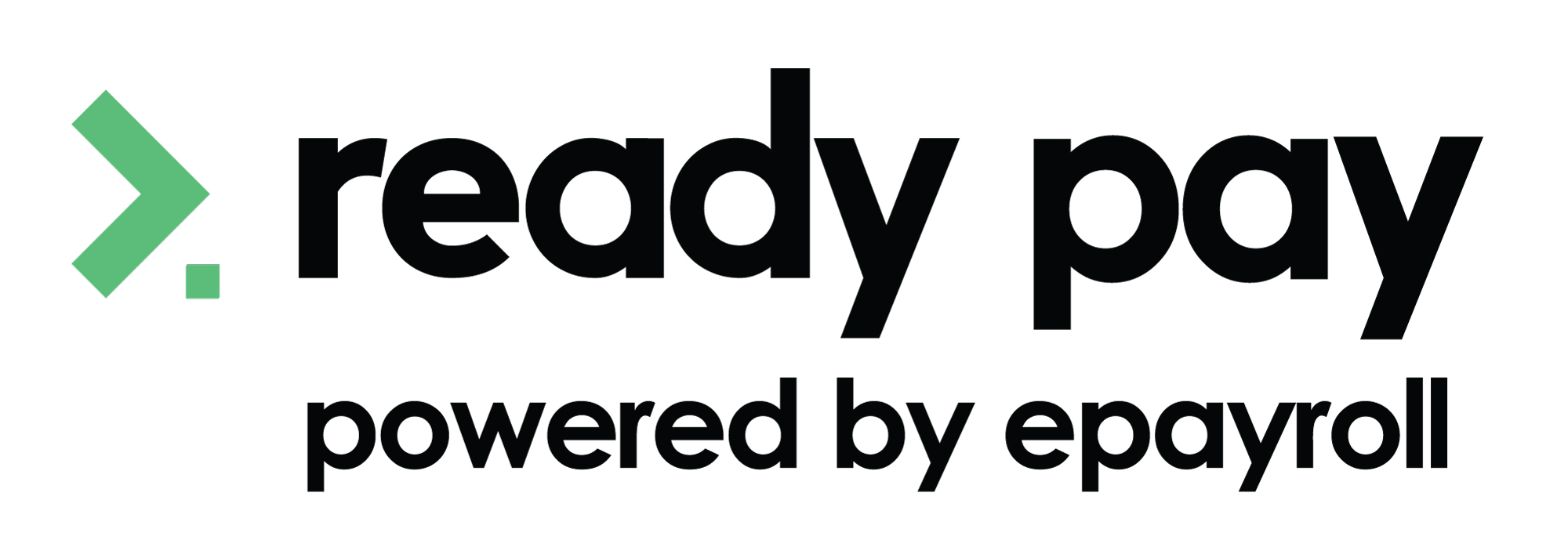In this topic
- Introduction
- Types of Escalations
- Next Position
- Selected Position
- Top Node
- When do Escalations Occur?
Introduction
This topic describes the way that escalations work on the organisation chart.
Types of Escalations
There are three types of escalation that are available in the flow chart, these are:
- Next Position
- Selected Position
- Top Node
Next Position
This escalation type should be used where you would like an item requiring action to escalate to the next position in the organisation chart.
Selected Position
This escalation type should be used where you would like an item requiring action to escalate to a specific position in the organisation chart.
Top Node
This escalation type should be used where you want all items requiring action to escalate directly to the top position in the organisation chart
When do Escalations Occur?
Escalations occur when an item (for example, a leave application) has been waiting for approval longer than the organisation is willing to wait.
The length of time that an item can wait for approval is defined by the Escalate Days field in each organisation chart position. The default Escalation Days value is usually 5 days. This means that an item will wait for approval for 5 days before it will escalate to someone else in the organisation for action.
Each organisation chart position also has an Escalate Time field which defines the time of day that the Ready pay (powered by ePayroll) system should check for items that need to be escalated.
NOTE: If there is no one to escalate a Leave or Expense application to, the application will be cancelled.

